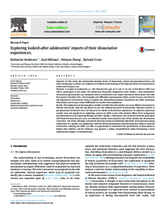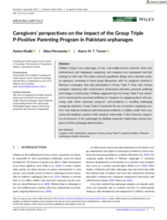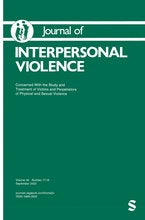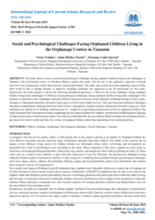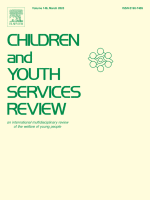Displaying 81 - 90 of 771
This U.S.-based study explored youth experiences in residential care at different stages of adolescence.
In this UK-based study, the relationship between levels of dissociation, several pre-placement factors and other background variables was explored to facilitate understanding of the high prevalence of dissociation in adolescents living in care.
This study involved a qualitative design with a thematic analysis approach, consisting of focus group discussions with 14 caregivers working in Pakistani orphanages who had participated in Group Triple P Parenting program.
The Hope for Homes team in Rwanda helps communities become more inclusive for children with disabilities.
This US-based study explores factors associated with intimate partner violence using longitudinal data from a representative sample of older youth in California Foster Care who participated in the California Youth Transitions to Adulthood Study (CalYOUTH). The authors' IPV outcome measures included victimization, perpetration, bidirectional IPV, and emotional abuse.
The study aimed to assess social and psychological challenges facing orphaned children living in the orphanages in Tanzania.
This study sought to explore the prevalence of depression among orphaned adolescents in the selected children’s homes in Githurai Division, Nairobi County.
Olesea, a 24-year old from Moldova with care experience, shares her story of transitioning from a child care institution to foster care.
This US-based study examined youth’s perspective of the quality of care and experiences in residential group care. This study was approved by an Institutional Review Board. Data were collected as part of a larger statewide pilot of the Quality Standards Assessment (QSA).
This paper is a first approach to pursuing questions of subjectification and objectification in the context of children and youth growing up in care settings in Switzerland.

